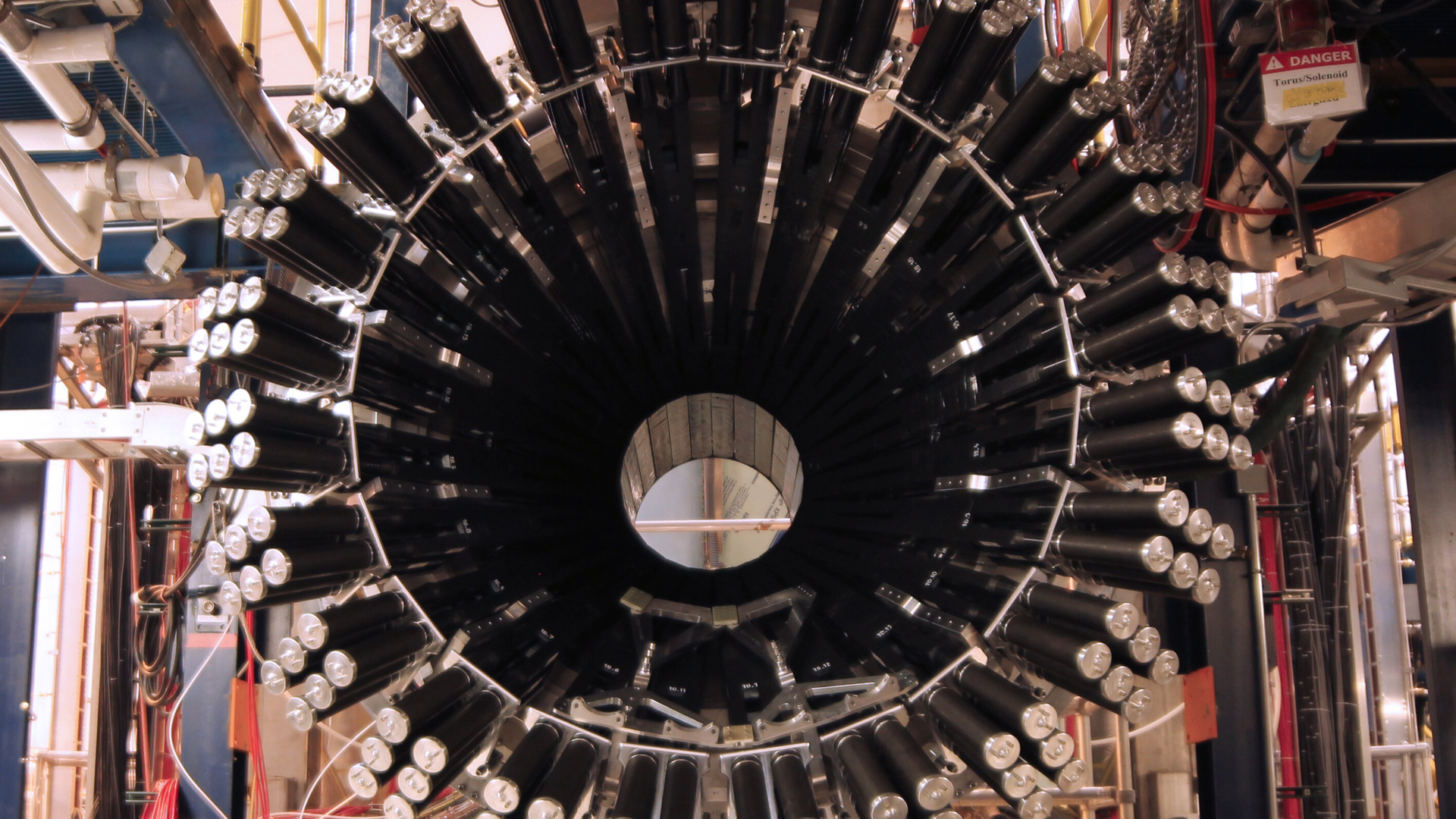Get the latest tech news
Will neutrons compromise the operation of superconducting magnets in a fusion plant?
New experiments rule out the concern that neutron irradiation might cause problems during the operation of a nuclear fusion power plant.
High-temperature superconducting magnets made from REBCO, an acronym for rare earth barium copper oxide, make it possible to create an intense magnetic field that can confine the extremely hot plasma needed for fusion reactions, which combine two hydrogen atoms to form an atom of helium, releasing a neutron in the process. There remains the important issue of longer-term degradation of the REBCO that would occur over years or decades, which the group is presently investigating. The research team also included David Fischer, Kevin Woller, Maxwell Rae, Lauryn Kortman, and Zoe Fisher at MIT, and N. Riva at Proxima Fusion in Germany.
Or read this on r/tech

